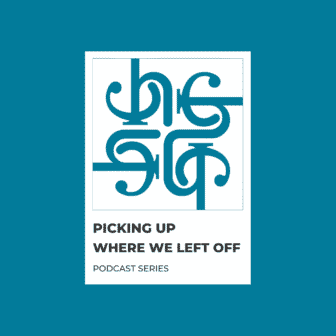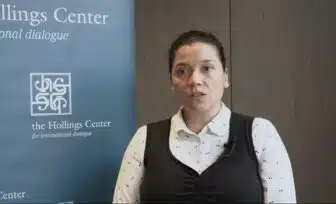Myanmar's Crisis: Regional Stakes and Global Consequences - Fuadi Pitsuwan
Fuadi Pitsuwan emphasizes the urgent need for ASEAN and the broader international community to prioritize Myanmar’s crisis, warning that continued inaction in the face of ongoing violence and political instability threatens both the credibility of ASEAN and global peace efforts. He argues that the situation in Myanmar represents not only a political and humanitarian catastrophe but also a source of serious non-traditional security threats—including telecommunications fraud, drug trafficking, environmental degradation, and human trafficking—that extend far beyond Southeast Asia. Supporting Myanmar’s transition toward peace, political stability, and sustainable development, he contends, would constitute a meaningful and necessary contribution to global stability.
Pitsuwan also underscores Thailand’s pivotal role, given its long shared border with Myanmar and the large number of Myanmar nationals residing within its territory—now amounting to approximately 10% of Thailand’s population. As such, Thailand is uniquely exposed to the consequences of Myanmar’s crisis, including cross-border criminal activity and refugee flows. While Thailand has played a vital role in providing humanitarian support, Pitsuwan stresses that this burden cannot be sustained without stronger international engagement. He calls for increased global attention to the humanitarian and security challenges emerging along the Thai-Myanmar border, emphasizing that these are not just regional concerns—they are global imperatives.
This video was filmed during the Hollings Center’s dialogue program Myanmar and Southeast Asia: Challenges and Opportunities in Regional Relations, which occurred in February 2025.
Speaker Biography
Fuadi Pitsuwan serves as president of the Surin Pitsuwan Foundation, a philanthropic group focused on education, conflict resolution, and human security in ASEAN. The Foundation aims “to inspire ASEAN citizens to rise above their differences, address regional challenges and bring prosperity to the region as a single community.” It funds scholarships for international relations students, supports a Track 2 network of Myanmar scholars in the region, and organizes art events, among other initiatives.
Dr. Pitsuwan is also a visiting fellow at Chiang Mai University’s School of Public Policy, where he is primarily based. Since 2019, he has served on the Board of Governors of Rugby School Thailand. From 2022 to 2024, he advised the Move Forward Party and its leaders on foreign policy.
Earlier, he joined the advisory board of Teach for Thailand from 2012 to 2019. He also helped launch Harvard’s Thai Studies Program, serving as its founding coordinator from 2013 to 2014.
Dr. Pitsuwan holds a doctorate in international relations from Oxford University. He earned his master’s in public policy from the Harvard Kennedy School and a bachelor’s degree in foreign service from Georgetown University.


